Imani Perry discusses her return to her Southern home in Alabama with fresh eyes, weaving in the stories of the good-tempered with a darker history.
Read more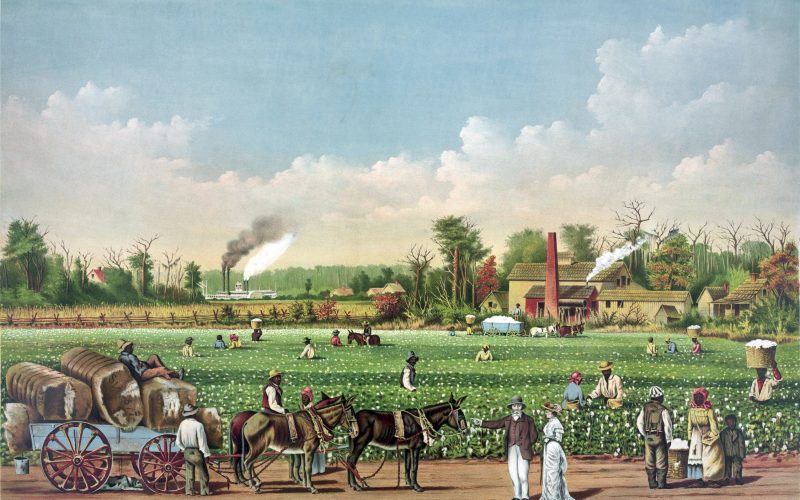


Imani Perry discusses her return to her Southern home in Alabama with fresh eyes, weaving in the stories of the good-tempered with a darker history.
Read more
Anthropologist Jennifer Raff discusses new research into early migration patterns and what it may say about human history.
Read more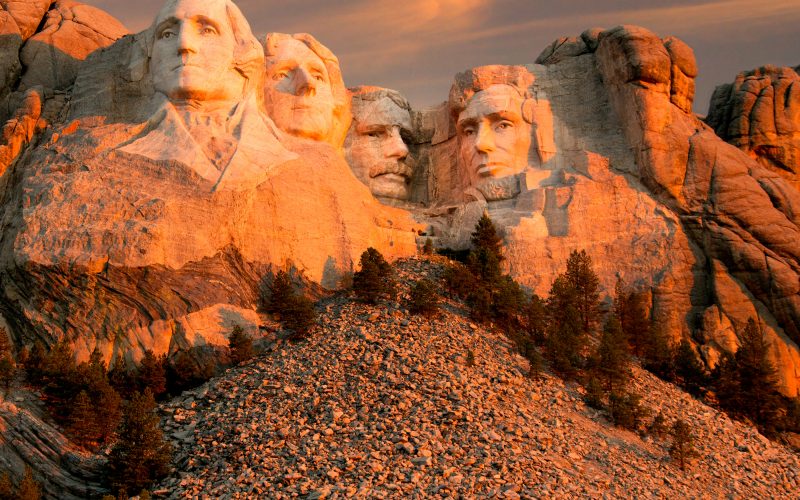
Paul M. Farber of the National Monument Audit joins us to discuss a recent study of 50,000 monuments across the U.S. and what the research shows about who we memorialize and who we leave out.
Read more
Sofi Thanhauser of the Pratt Institute discusses her research into linen, cotton, silk, synthetics, and wool, how they shaped civilization and why, today, fashion has become a leading producer of pollution on the planet.
Read more
Michael Bicks talks about the history of jeans, how they’ve swept the globe as a fashion staple, and why they are a touchstone for major moments in our nation’s history.
Read more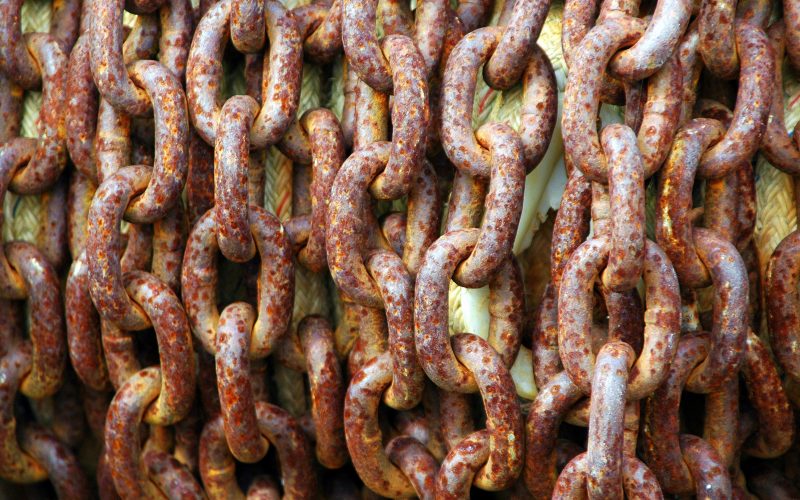
Tara Roberts of National Geographic discusses why she quit her job to join a group of Black underwater divers searching for trans-Atlantic slave ship history.
Read more
Nigel Poor and Earlonne Woods are co-hosts of the podcast “Ear Hustle,” and they join us to talk about what they’ve learned about life on the inside from the inmates who shared their stories.
Read more
Author Chuck Klosterman talks about his examination of a decade or so defined by burgeoning tech and 9/11, plus Seinfeld and Oprah.
Read more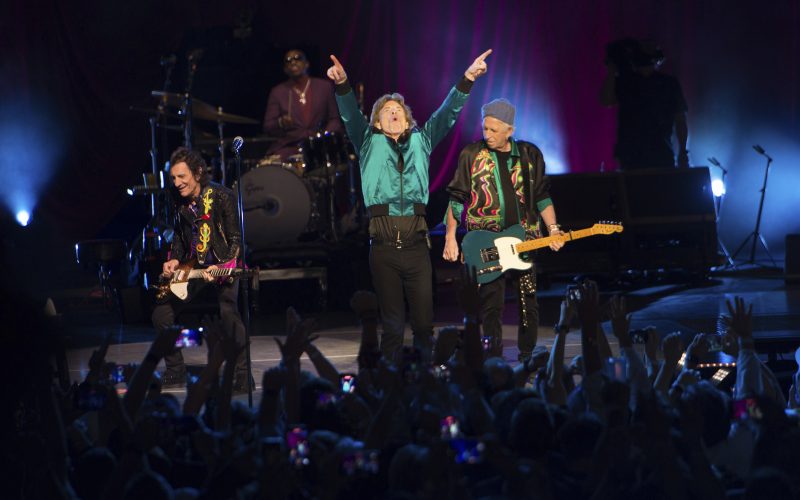
Music historian Ted Gioia talks about why 70 percent of music demand today is for old songs, with publishing companies investing in vintage catalogs while ignoring new, emerging talent.
Read more
Danielle Friedman talks about how getting in shape morphed from simply being a beauty tool to a force for physical and emotional well-being, and what that says about feminism.
Read more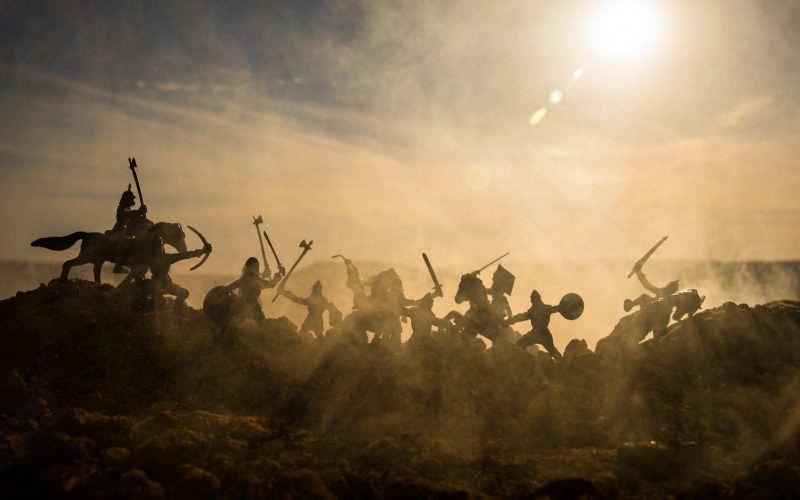
James M. Banner, Jr. is founder of the National History Center of the American Historical Association, and he joins us to talk about why history is never really set in stone.
Read more
UCLA Egyptologist Kara Cooney discusses her research into the Egyptian pharaohs and why their system of rule and religious beliefs can help us to understand why the many still so often give power to the few.
Read more